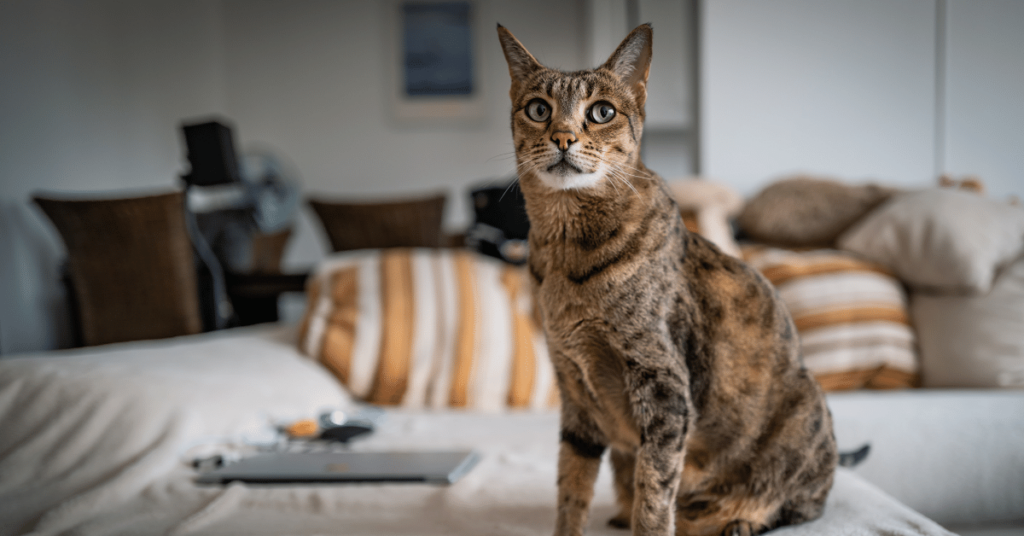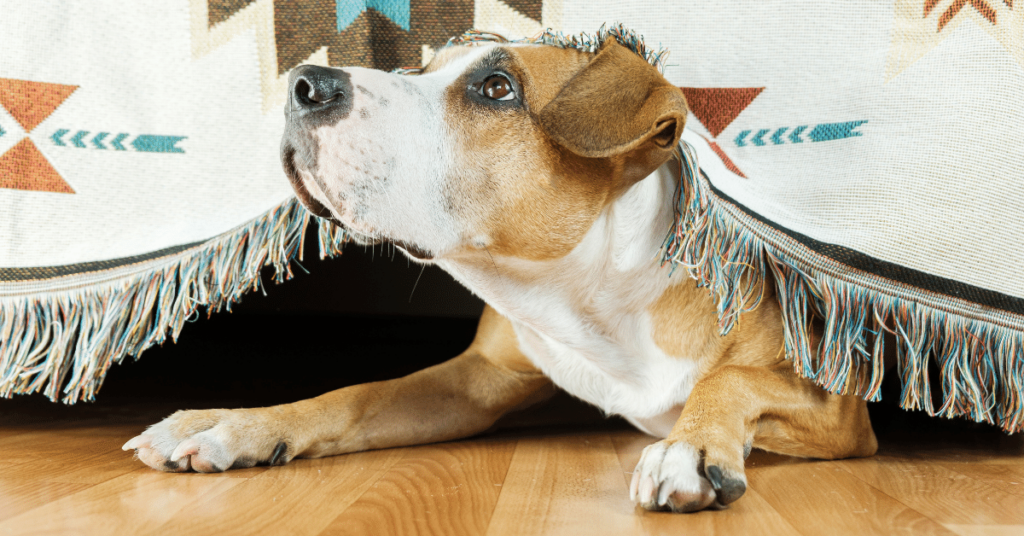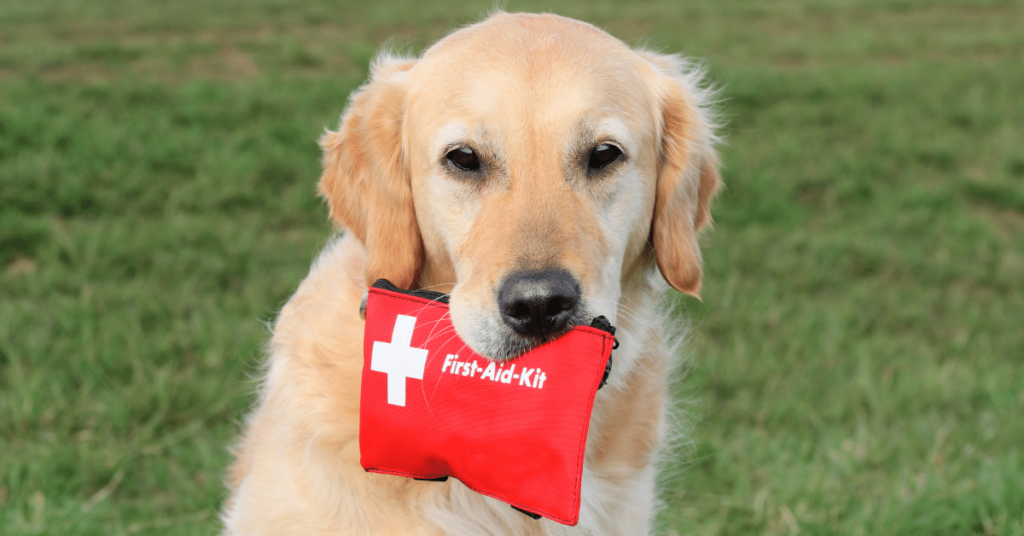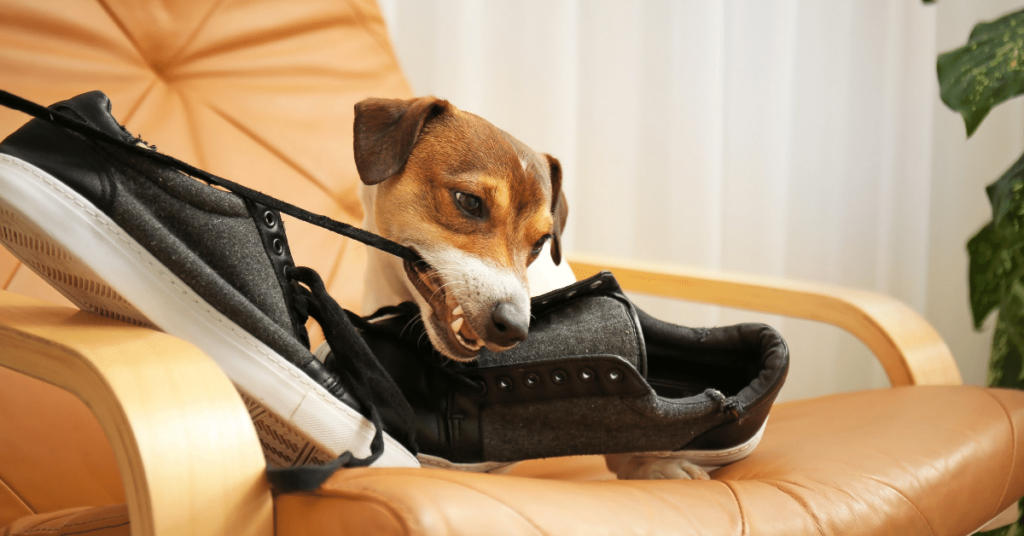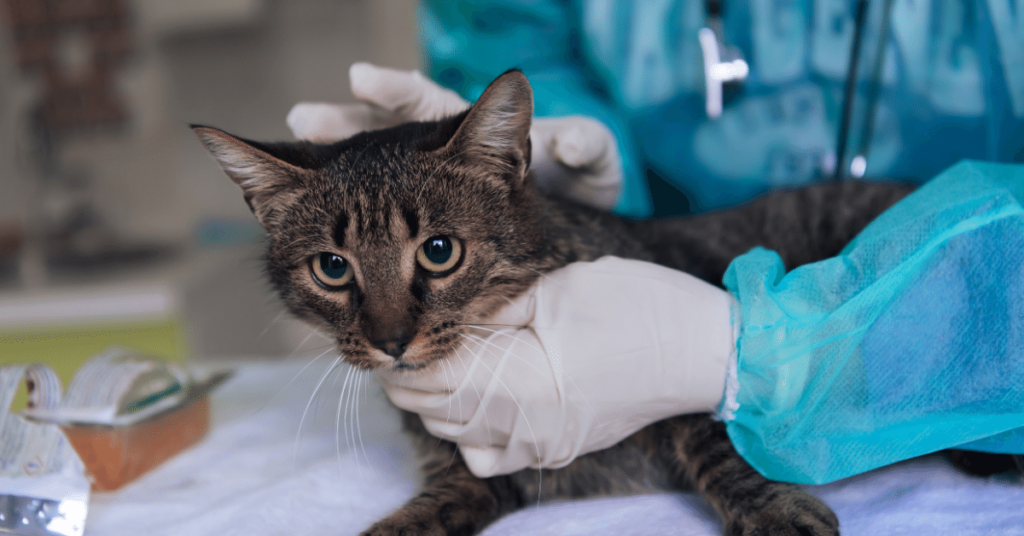Introduction
As our beloved pets age, they require special attention and care to ensure they live their golden years comfortably and happily. Whether you have a senior dog, cat, or any other furry friend, understanding the unique needs of older pets is essential for their overall well-being. In this article, we will explore the special considerations and offer helpful tips to help you provide the best care for your senior pet.
Physical Health
Maintaining good physical health is crucial for senior pets. Regular visits to the veterinarian become even more important as they age. Your vet can help identify and address any health issues early on, increasing the chance of successful treatment.
Regular Check-ups
Schedule regular check-ups with your vet to monitor your pet’s health. These visits allow for early detection of any potential health concerns and can help prevent serious illnesses or discomfort. Your vet can perform a thorough physical examination, check vital signs, and recommend appropriate immunizations.
Proper Nutrition
Senior pets may require a different diet compared to their younger counterparts. Consult with your vet to determine the best food options for your aging pet. A balanced diet rich in essential nutrients supports their overall health and helps manage weight.
Consider feeding your senior pet food formulated specifically for their age group. These diets often have lower calorie content and special ingredients to support joint health, digestion, and cognitive function.
Dental Care
Oral health is crucial for pets of all ages, but it becomes even more important as they age. Dental problems can lead to pain, difficulty eating, and various other health issues. Regular brushing and professional dental cleanings can help keep your pet’s teeth and gums healthy.
Exercise and Mobility
While senior pets may not have the same energy levels as when they were younger, regular exercise is still crucial for maintaining their overall health and mobility. However, it’s important to adjust their exercise routine to avoid overexertion.
Engage your pet in low-impact exercises such as short walks, gentle play sessions, or swimming. Be mindful of their physical capabilities and any limitations that may arise due to arthritis or other age-related conditions.
Emotional Well-being
Along with physical health, senior pets require emotional support and mental stimulation to maintain their overall well-being.
Comfort and Safety
Create a comfortable and safe environment for your senior pet. Provide a cozy bed with supportive padding to alleviate joint pain. Ensure their food and water bowls are easily accessible, and install ramps or stairs to help them navigate furniture or stairs.
Regular Interaction and Enrichment
Spend quality time with your pet to provide mental stimulation. Engage in activities that they enjoy, such as gentle grooming sessions, puzzle toys, or interactive playtime. Regular social interaction is vital for their emotional well-being and can help prevent loneliness or anxiety.
Environmental Adaptations
Make necessary adaptations to your home to accommodate your aging pet’s needs. Consider providing litter boxes with lower sides for easy access, installing non-slip surfaces on slippery floors, or using baby gates to restrict access to certain areas.
Grooming and Hygiene
Maintaining proper grooming and hygiene is essential for senior pets to stay comfortable and healthy.
Coat Care
Brush your pet’s coat regularly to remove loose fur and prevent matting. Older pets may have less efficient oil glands, so regular brushing helps distribute natural oils and promotes healthy skin.
Nail Trimming
As pets age, their nails may grow more rapidly or become thicker. Regular nail trimming is necessary to prevent discomfort, reduce the risk of ingrown nails, and maintain proper posture.
Ear and Eye Care
Senior pets are more prone to ear infections and eye issues. Clean their ears on a regular basis and examine their eyes for signs of redness, discharge, or cloudiness. If any concerns arise, consult your veterinarian.
Summary
Caring for a senior pet requires special considerations to ensure their physical and emotional well-being. Regular check-ups, proper nutrition, exercise modifications, and grooming routines all play crucial roles in maintaining their health. With love, attention, and age-appropriate care, you can provide your senior pet with a comfortable and happy life throughout their golden years.


